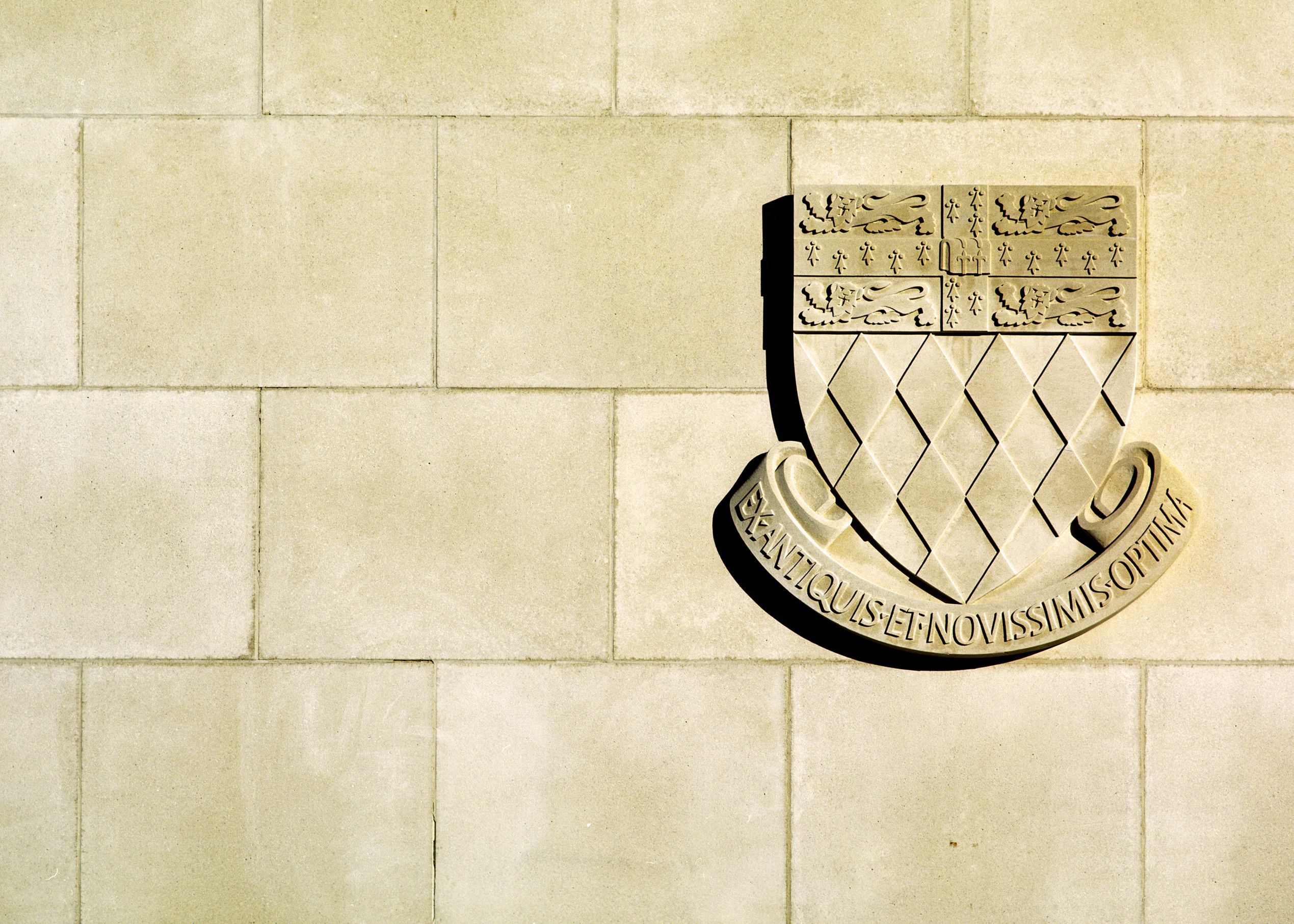Jack Lassman 1931-2022

I regret to announce the death in October of Jack Lassman. Jack was born in Bethnal Green, London in 1931. In addition to growing up in deprived conditions in London’s East End in the years of the Great Depression, he lost his father at the age of seven in 1939. One of his only memories of his father was counting the rent money which they were just able to scrape together, but not always, and he recalled his parents despondently having to ask for a grace period. Ironically the Second World War stabilized their economic situation when rationing was instituted. He remembered hiding under the kitchen table during the Battle of Britain and then collecting shrapnel. He was later evacuated to High Wycombe for part of the War. The highlight of his childhood was Bethnal Green public library.
His parents were both English born – just – with all four of his grandparents Jewish refugees from Eastern Europe coming to England a couple of years before his parents were born, escaping the pogroms. One grandfather had sewn uniforms for the Romanian cavalry, the other rented out wheelbarrows under a railway bridge.
He was the middle of three boys, the older having to leave school at 13 to help his mother earn a living in their grocery shop. The school headmaster tried to convince his mother to let his older brother stay but she could not afford to. Barely four years later, this father figure 17 year old brother went off to fight in the Royal Navy in the Arctic fleet and Far East. Jack was extremely proud his brother was mentioned in dispatches. His younger brother also served in the Royal Navy in National Service. Jack got an exemption for service because he was a scientist.
Having heard of Cambridge from a contemporary at school, Jack was determined to go there despite the fact that no one in his family had either gone or even thought of going to university. His headteacher told him “boys like you do not go to Cambridge.” Nevertheless, he applied and went to the interview wearing his uncle’s suit, not having one of his own. In those days, you applied separately to groups of colleges. At first, he was interviewed by the legendary Lord Plum at Christ’s who asked what cram school helped him get exhibition level French and Latin in the entrance exam despite applying for Natural Sciences. When he answered he did not know what a cram school is and he did the exam on O level French plus some books at Bethnal Green library and a brief scholarship he won to Monteux at the age of 16 – he was told he was lying and refused a place. King’s offered a deferred place, which meant waiting another year.
Fitzwilliam offered him an immediate place, which he accepted with gratitude and was forever appreciative for the welcoming experience for a boy from his background. He was fiercely proud that Fitzwilliam attracted the more disadvantaged and he relished the Cambridge experience without too much of the “hunting and shooting club”, as he put it. At Cambridge he was also Secretary of the Jewish Society (JSoc), which helped fill in some of the Jewish education he lacked as a fatherless boy growing up in the Second World War, and where he formed lifelong friendships.
After Cambridge, with a recommendation from Lord Todd (ironically also a Fellow at Christ’s), he won a year-long scholarship to the Free University of Brussels, where he perfected his French. He had to turn down yet another scholarship for a PhD at Imperial College because his mother required him to go out to work to help support the family. This also scuppered his thoughts of studying medicine. He worked as a research chemist and then in the chemical industry where he used his French and also learnt German and to a certain extent Russian. He attended British trade missions to the Soviet Union in 1960 and 1964.
He always said he owed everything to Cambridge and especially Fitzwilliam House. Therefore, he loved coming back for the reunions and watching the growth and development of the new college. He was on the committee of the Fitzwilliam Society and for a time served as Secretary.
In later years his hearing deteriorated and it became increasingly difficult to participate. However, he continued to talk about how much Fitzwilliam and Cambridge meant to him.
